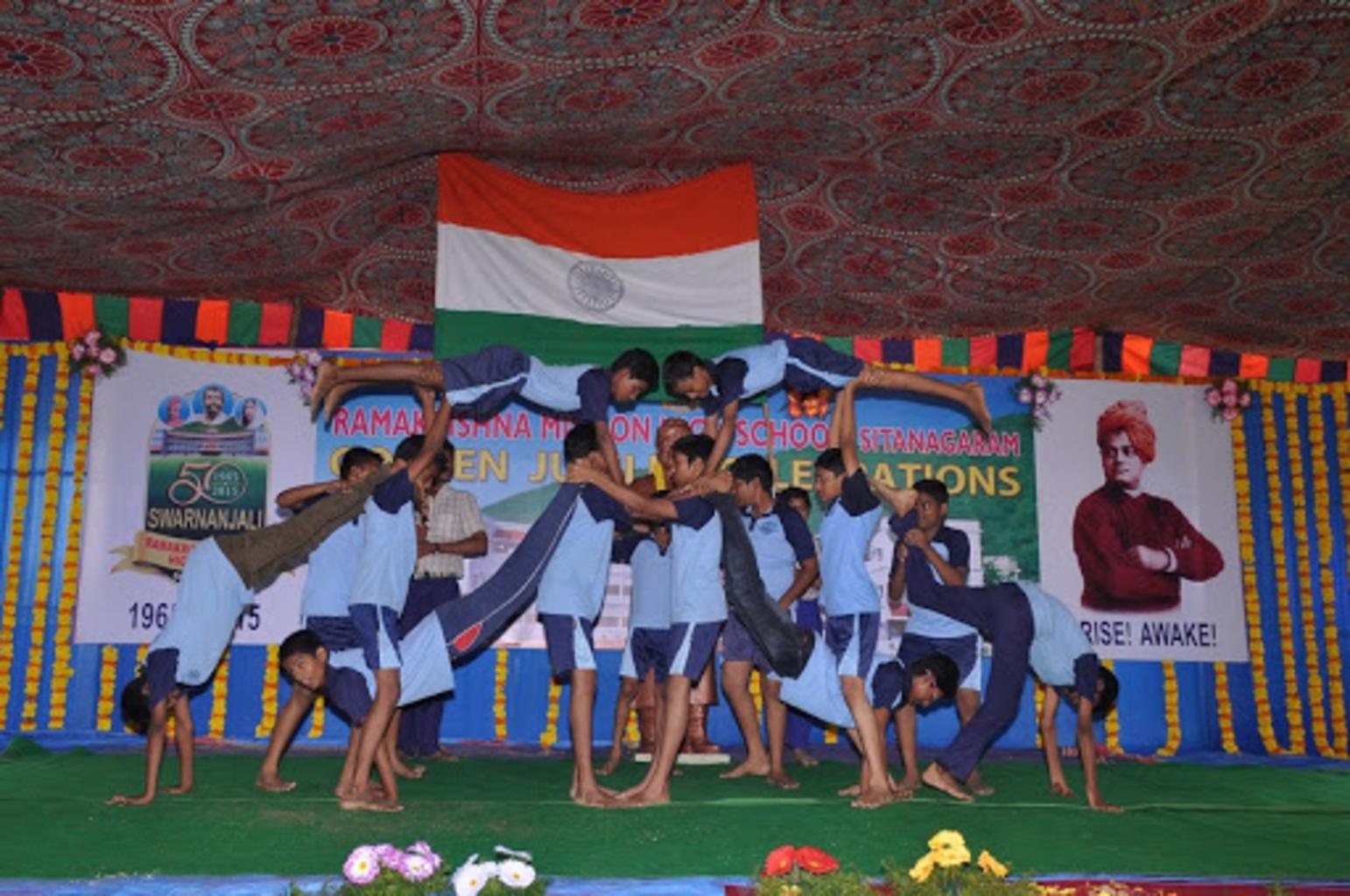
Education is for the good of individual,family,society,nation,world,and universe.
Date : 18/05/2024

(This article is the second in the series on National Youth Day. Read First and Final parts)
As very few embark on the stage of recluse and renouncer, the main concern for our patriotic minds is to introduce a healthy scheme of education during the student stage which stands him or her in good stead during the householder stage. This is where the combination of National Education Policy and Gurukula system of education gets the relevance. The intention is good and noble, but the implementation is difficult if it were possible at all.
There are several stakeholders involved in the imparting of education: the students of course, their guardians, the teachers, the government, the would-be employers, and society. Each has a say and a definite idea regarding the educational system. The student labours under peer pressure and is unaware where he is being led to; the guardians consider education as an investment out of which benefit will accrue in the form of a life of great employment and a married future for their ward; the teacher, unaware of one’s important role in the handing down of knowledge to posterity, teaches and reads the answer-scripts merely for the salary; the government collects taxes and pays the teachers and non-teaching staff injecting in the process its own ideology; the employers are merely seeking a good human resource personnel, irrespective of their academic and technical skills, whom they will groom to meet the specific needs of their organisation; evil and good in every society leave an imprint on the impressionable young minds. Thus, it is a complex situation of education which we are asked to confront. An overriding factor is the inner tendencies in the mind of the student, his or her vasanas, mental make-up, his or her relishes, his or her ease of yielding to known temptations, and his or her inquisitiveness to ply into uncharted grounds, which for the deviants, often results in his or her burning one’s fingers badly. A student, who has been using one’s mental apparatus as a garbage can, cannot but land in a position where one has to do quite an amount of scavenging later on.
The basic thought process in an ideal educational system is to address the good of the individual, the family, the society, the nation, the world and the universe — in that order of increasing importance. Education should be the training of the mind and not filling the mind with information that is thrust upon it. Perhaps it is necessary to pursue a course of education which will meet the national requirement and not just one that is monetarily rewarding. Capability for innovation in the students is to be developed.
The central idea in the character development education of the student is to cultivate a heart to feel, a head to conceive a plan of remedy, and a strong mind to implement even in the face of opposition. As Swami Vivekananda defined a traitor as one who having been educated at the expense of the masses pays not the least heed to them. Elevating the masses and raising the condition of the women is the way for national regeneration. Purity, patience and perseverance can surmount the biggest obstacles.
While the above discussion showcases what is meant to be educated within the ambience of an ideal gurukula, we should also seek to know how the true foundations of education are laid.
The best arena for education is the home. True education starts at home, through the affection and conduct of the parents, and through that of the others living there – like the grand parents or the joint family. One learns much through the ear from the parents and grandparents. As young children, the puranas and itihasas that we hear from them gets deeply imprinted. But in the present day conditions both parents are employed leaving the children in the lurch. Again, parents are in constant consternation as to how their children will react to any gentle form of chastisement or discipline. The parent would rather have a characterless child than face a tragedy at home because of disciplining. It is also true that in some families the student unfortunately gets exposed to unhealthy examples in the home environment itself.
The next best arena is the unattached hostel or what is traditionally called a students’ home. If it is a non-paying setup and some protocols are in place as a tradition of the institution, we can expect the students to align with the core values. They have the option to leave if they dislike the time-tested traditions and “regimentation”, but the institution will be honest in holding on to its tradition. Schools, colleges and universities are no place for our kind of character building education; the best one can expect there is learning and development of academic information, knowledge and technical skills.
Repeated actions result in habits; repeated habits result in development of character; character is established through a thousand struggles. Character is a nervous attunement to ideas. Let the student take up one idea and live an entire life on that idea and that idea alone. That itself will do immense good. Values form a family; if one is established in one value, all other values will come to one on their own accord. Let us take an allegory from the world of chemistry. A copper salt gives a blue colour in a flame test; if it does not, then it is not a copper salt. The specific characteristics of the salt is known by the colour in the flame test. A trained mind, a mind built on character, acts in the way it has been nurtured into with great love for the ideal.
Image Credits: Ramakrishna Math & Mission via Flickr
Tags :
Note: Your email address will not be displayed with the comment.